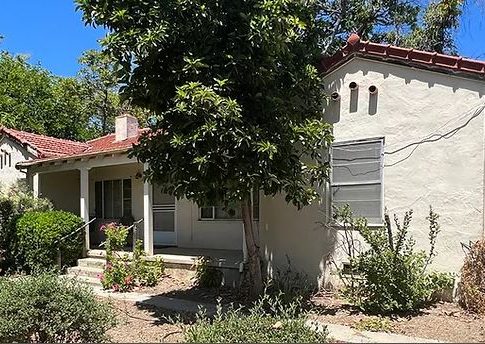 By Louis Chan
By Louis Chan
AsAmNews National Correspondent
In the face of a federal investigation into discrimination against Asian Americans, Harvard has announced its rate of acceptance of Asian Americans for the class of 2022 is up.
The university says early admittance of Asian American applicants surged to 24.2 percent this year. That’s up from 21.7 percent last year.
Other applicants of color also saw an increase.
African Americans comprise 13.9 percent of the early admits, up from 12.6 percent. Latinos account for 9.8 percent, up 1 percentage point. 1 point 8 percent of students receiving acceptance letters were Native Americans and Native Hawaiians. An increase from 1.1 percent.
LATEST STORIES
A lawsuit from a group of 60 mostly new and immigrant Asian American groups alleges Harvard has put a quota on Asian American admits that has limited the number of Asian students at the Ivy League institution.
Out of 6630 applicants for early admittance this year, 964 were accepted.
4,882 were deferred and 611 were rejected. The remaining applicants were incomplete.
Harvard’s early action is non-binding, meaning those students accepted are free to go to other universities.
AsAmNews has Asian America in its heart. We’re an all-volunteer effort of dedicated staff and interns. Check out our Facebook page and our Twitter feed, Please consider interning, joining our staff or submitting a story for consideration.









RE: Harvard Early Acceptance Rate up for Asian Americans: Did we all forget that legacy get accepted before most and that makes seats limited? But this is a step in the right direction.